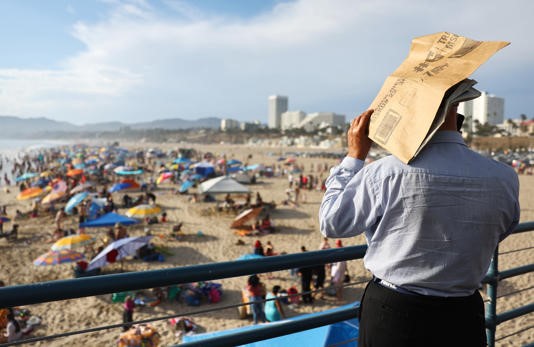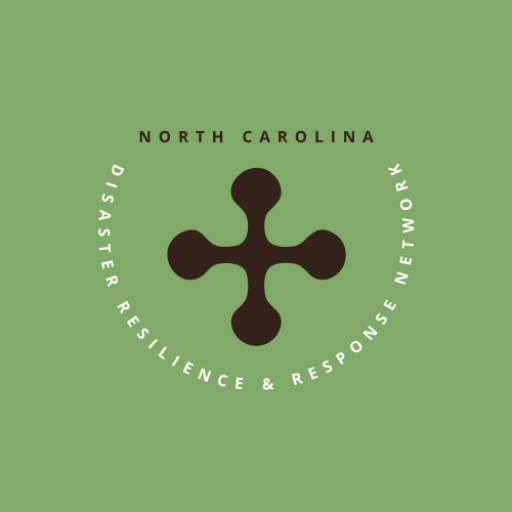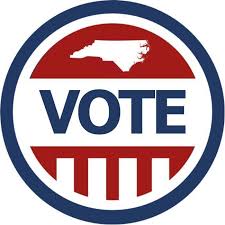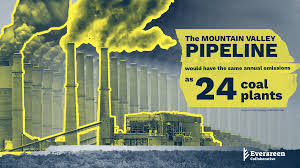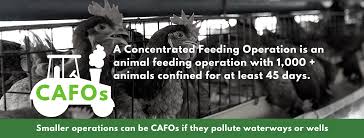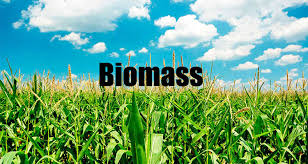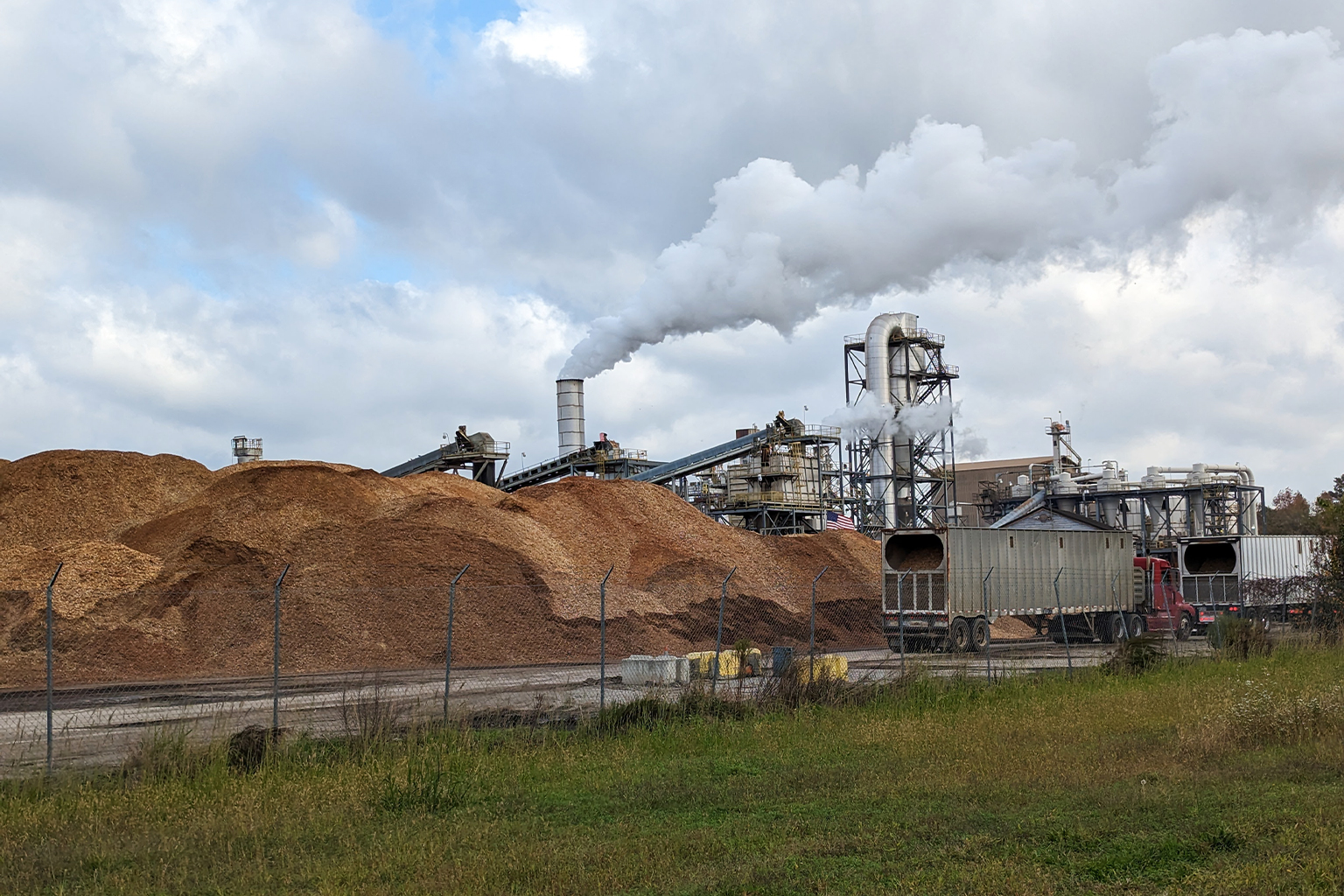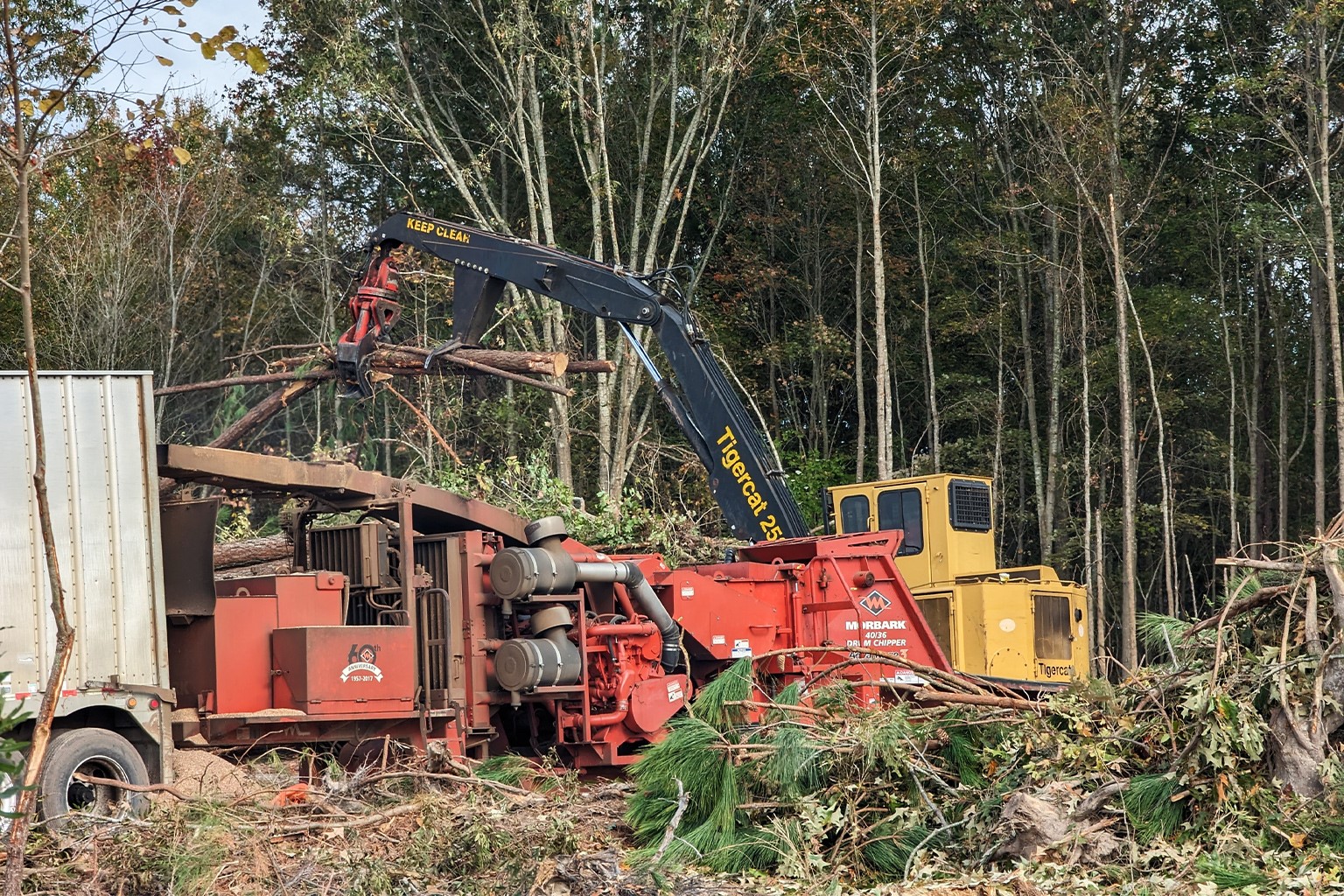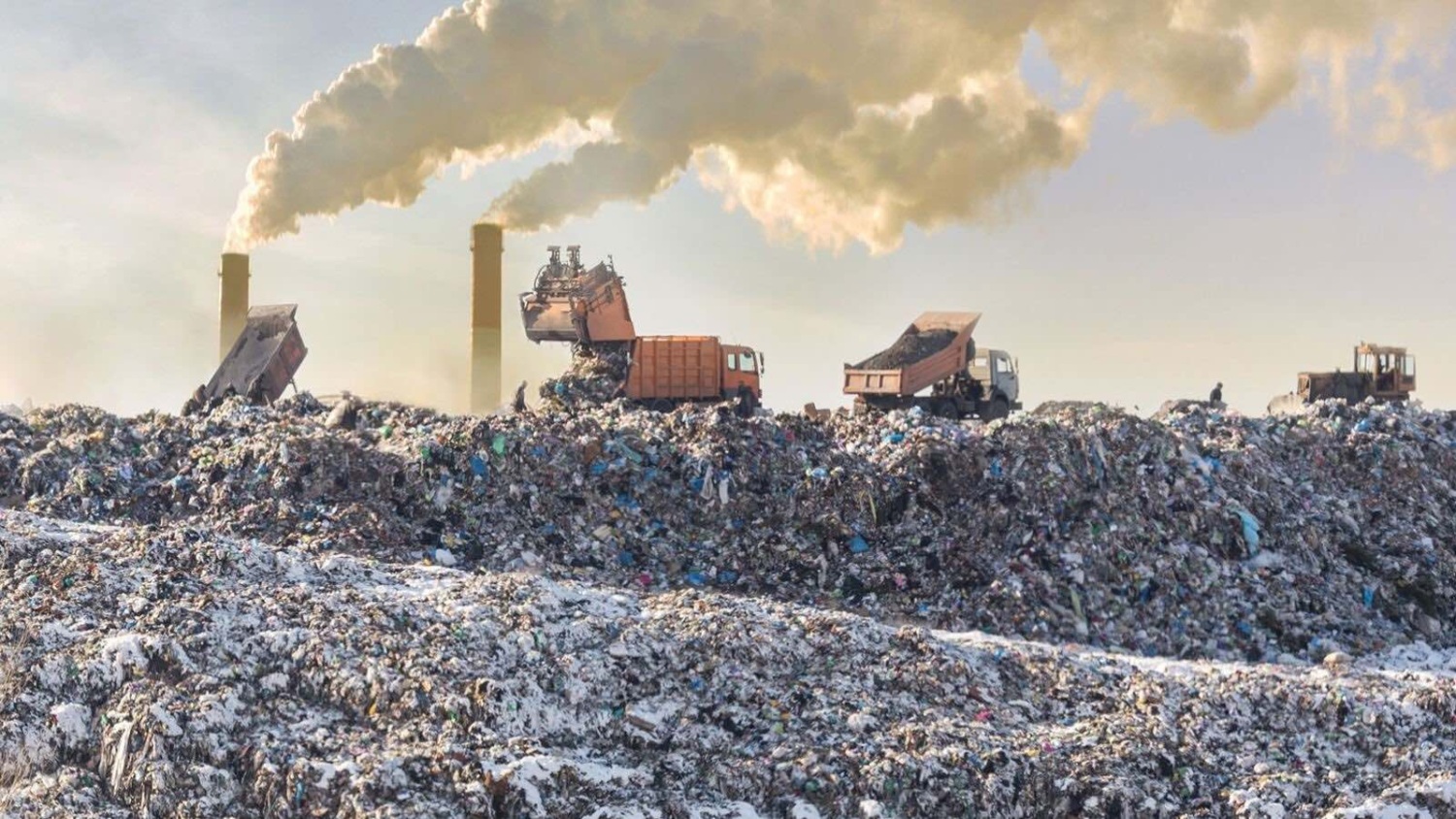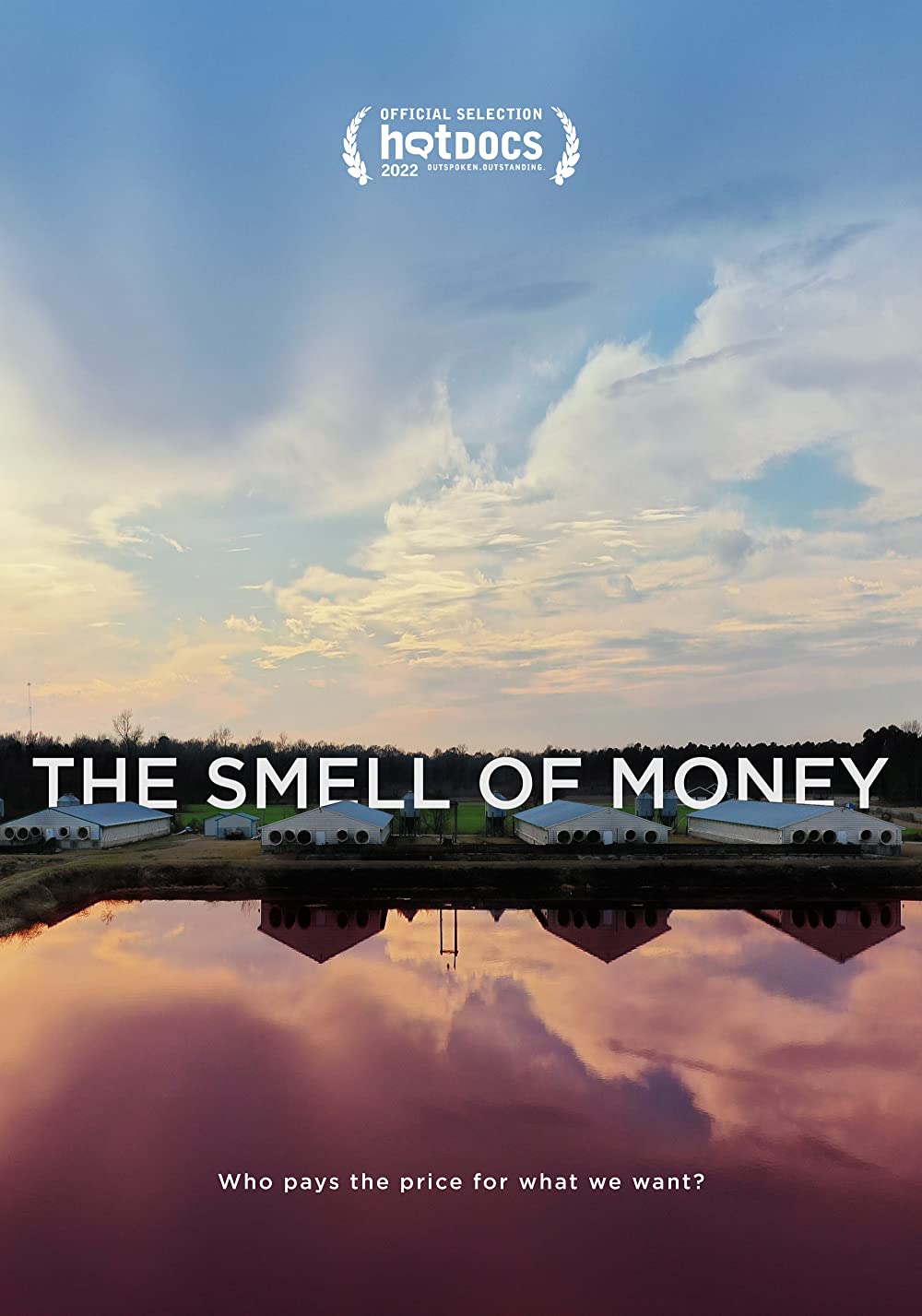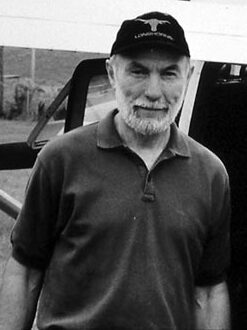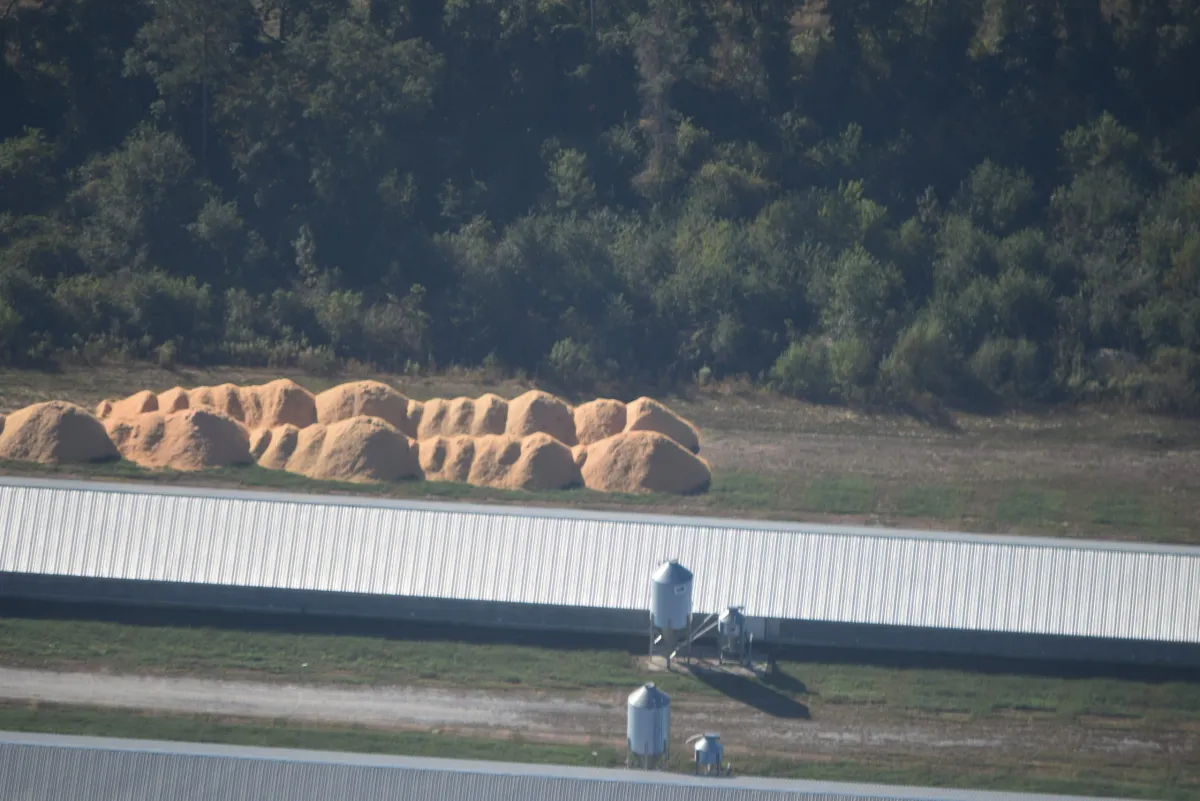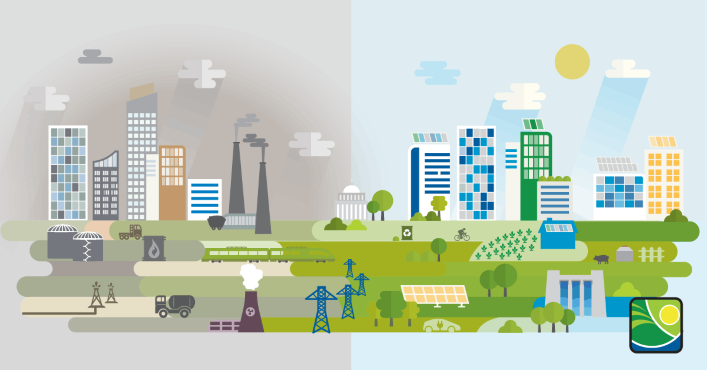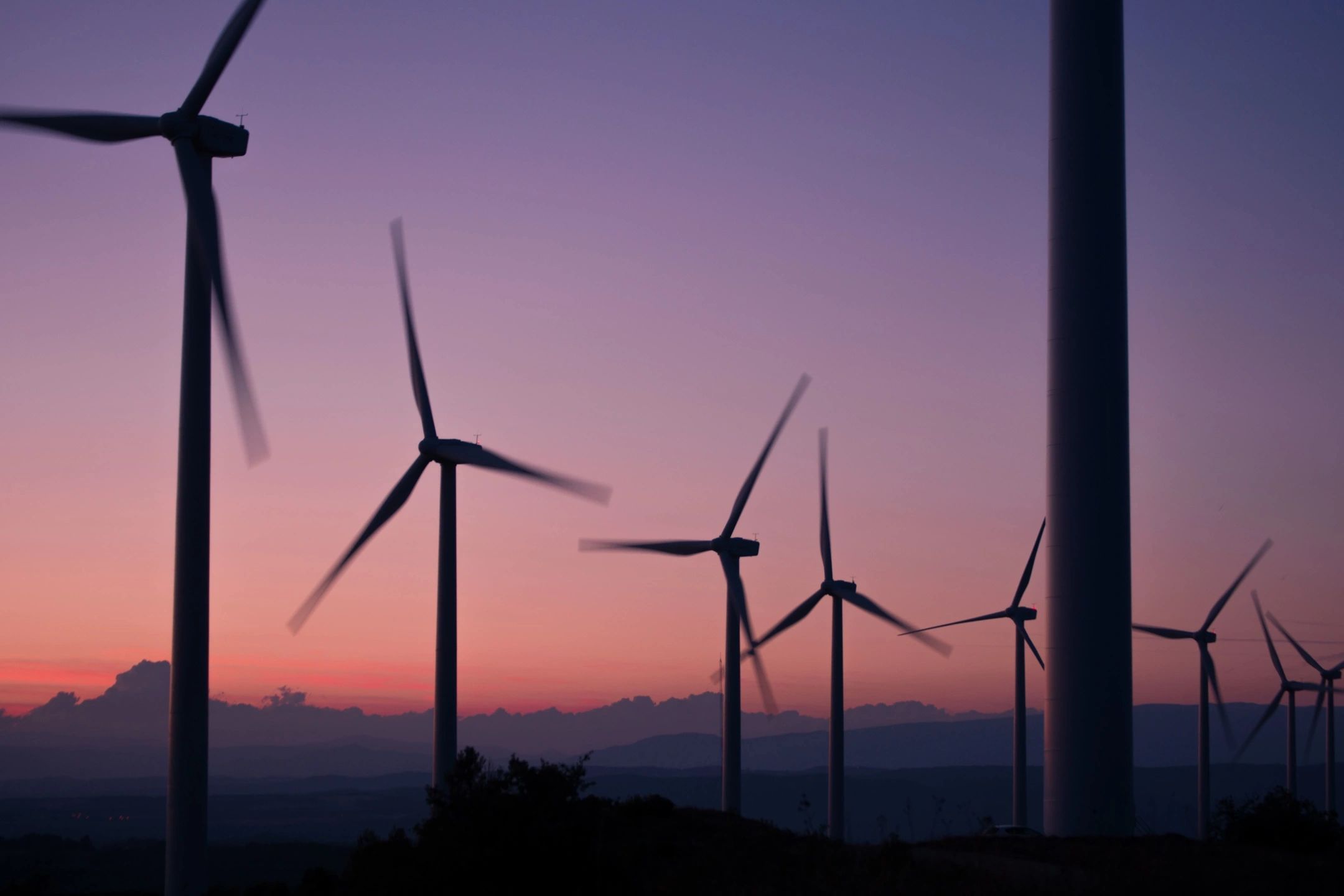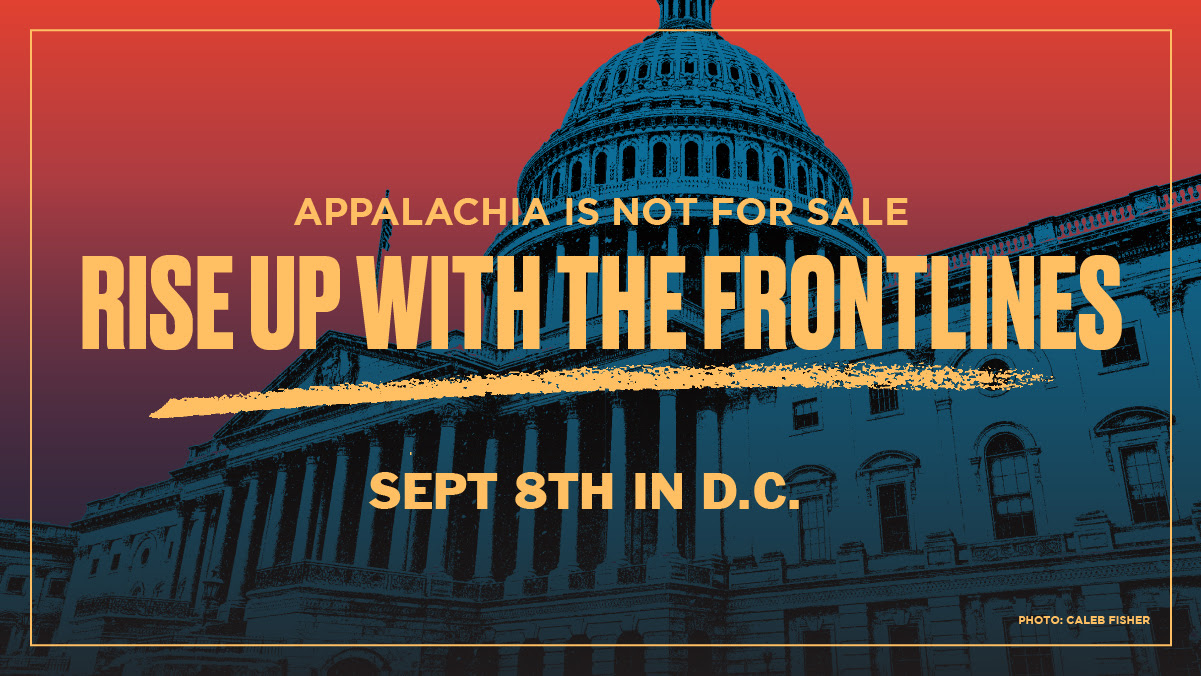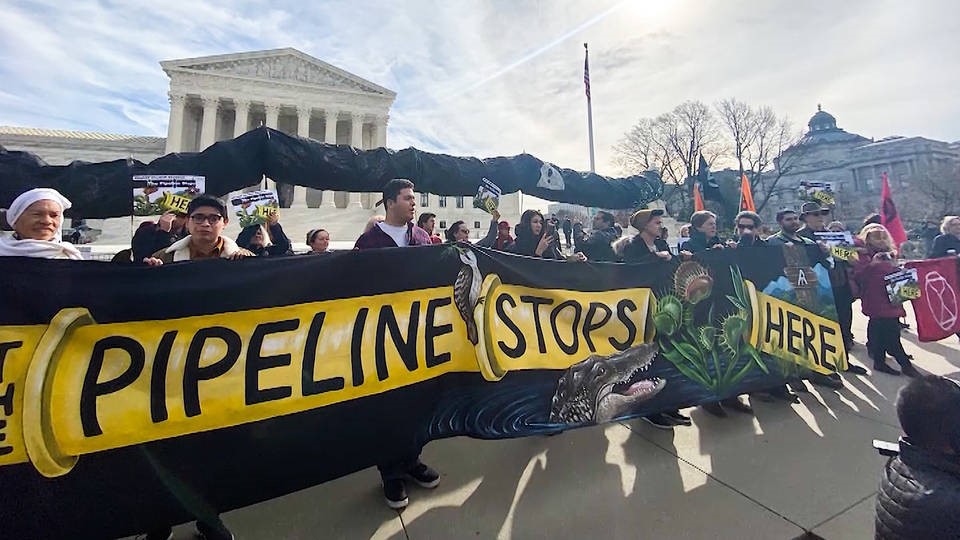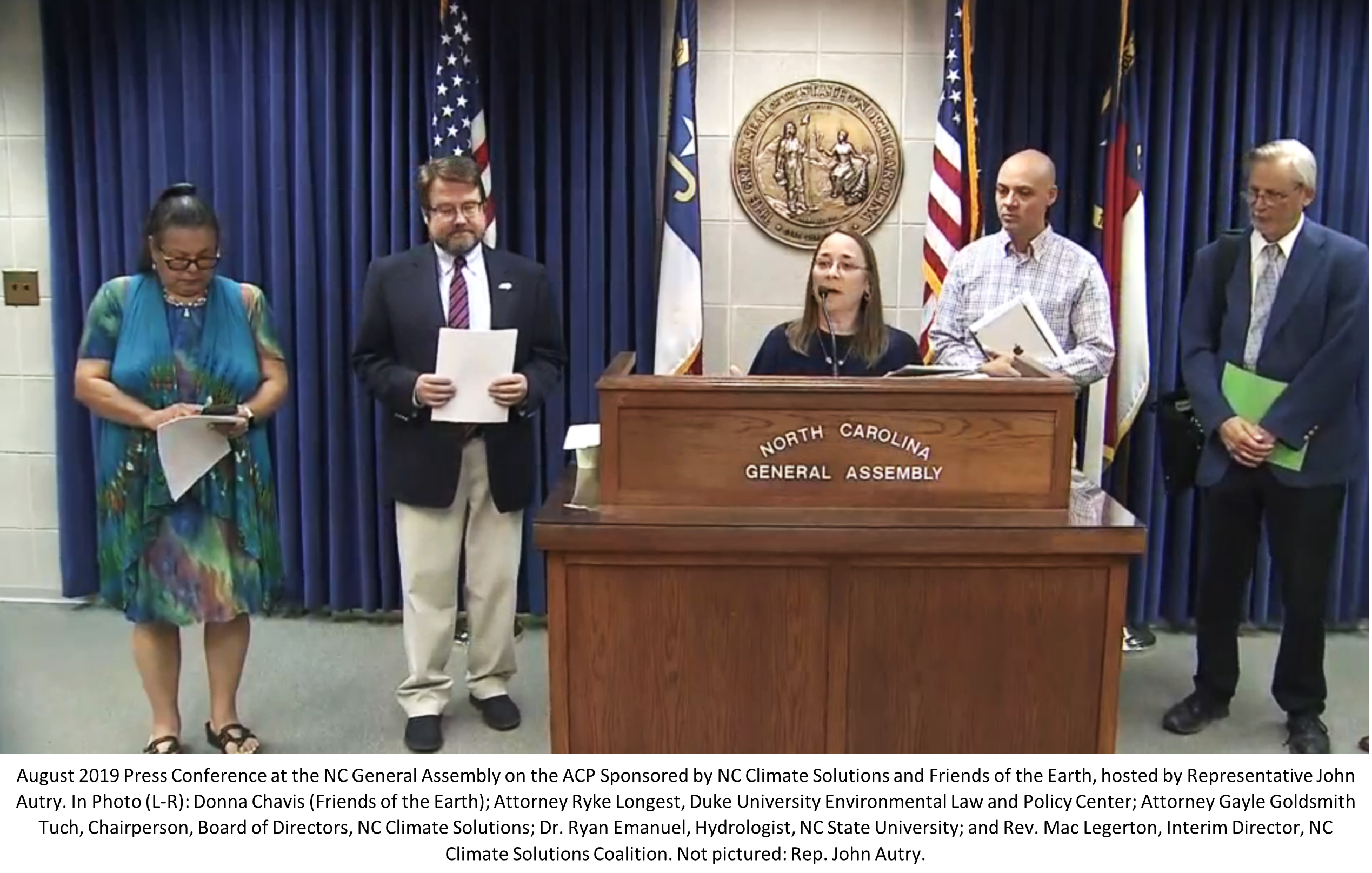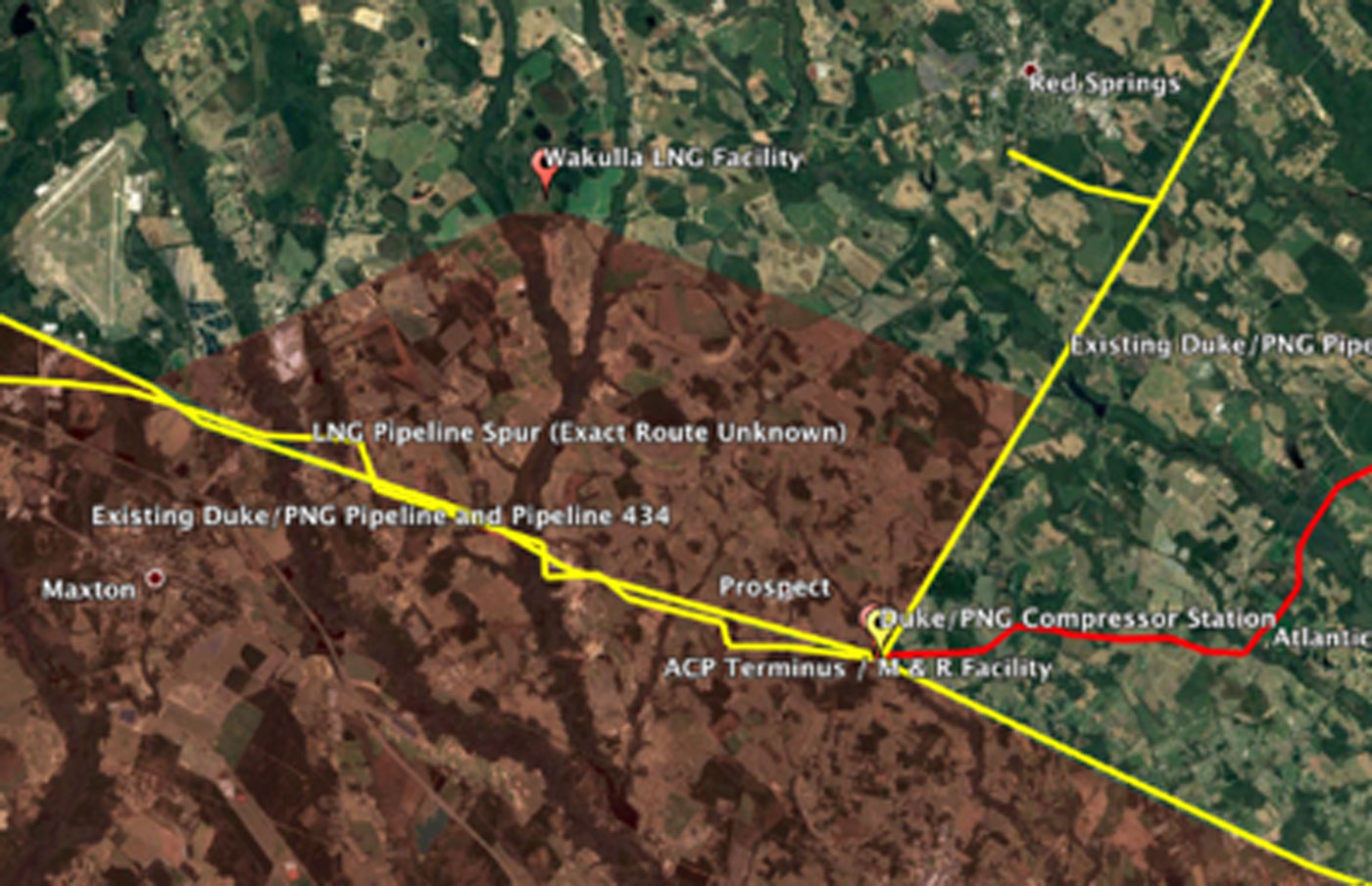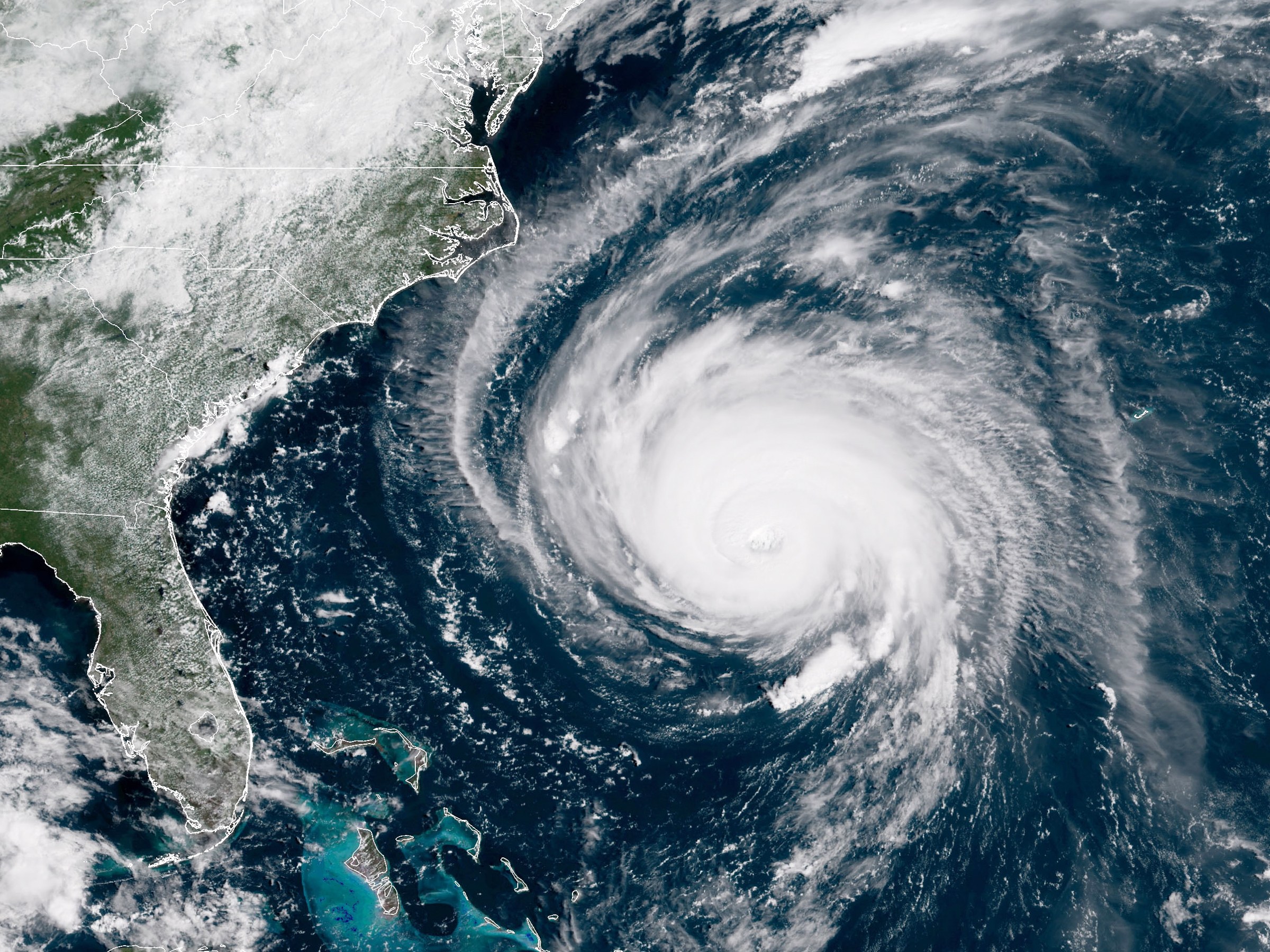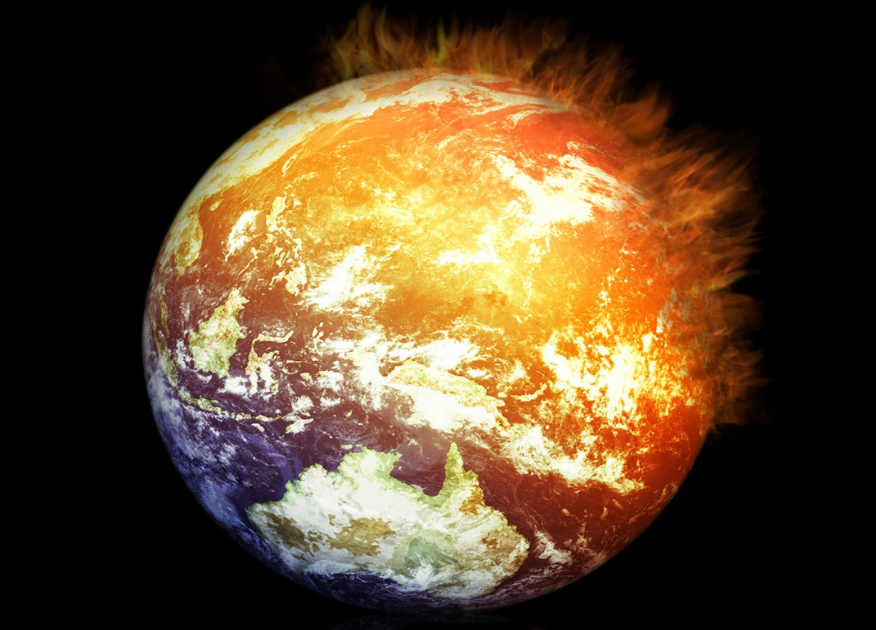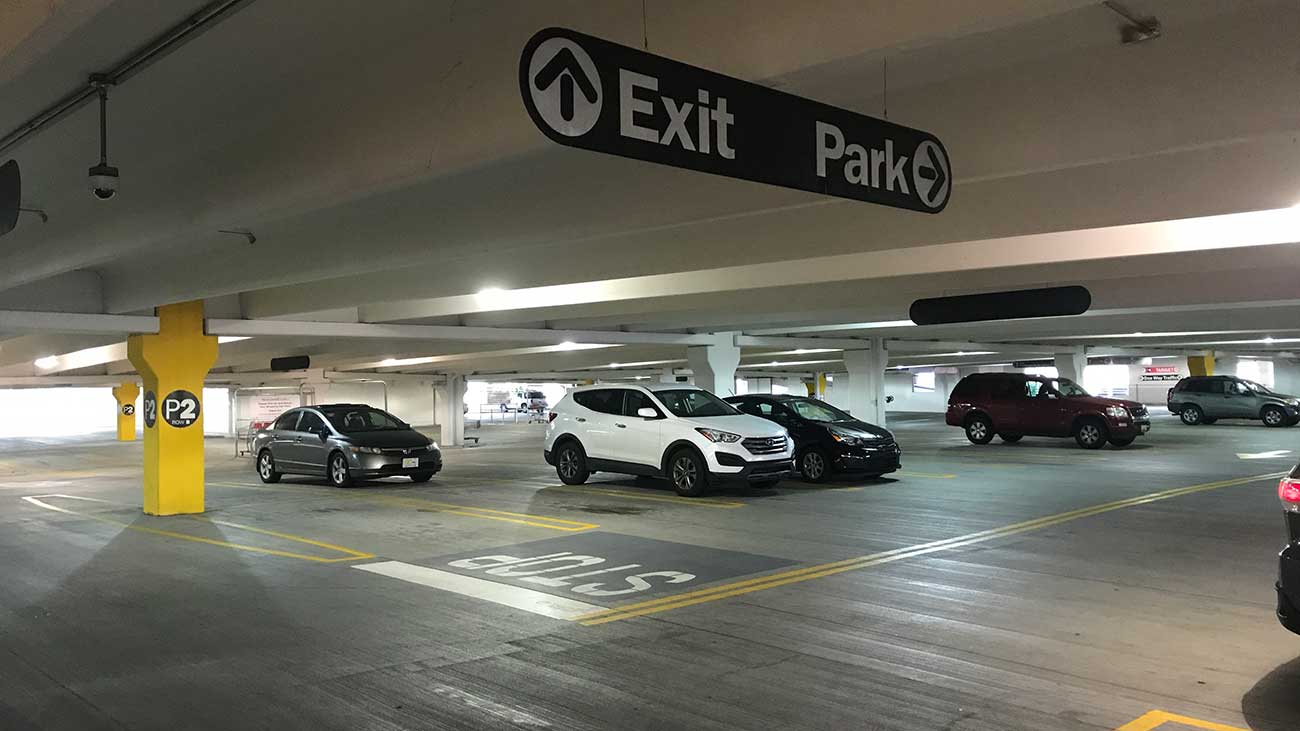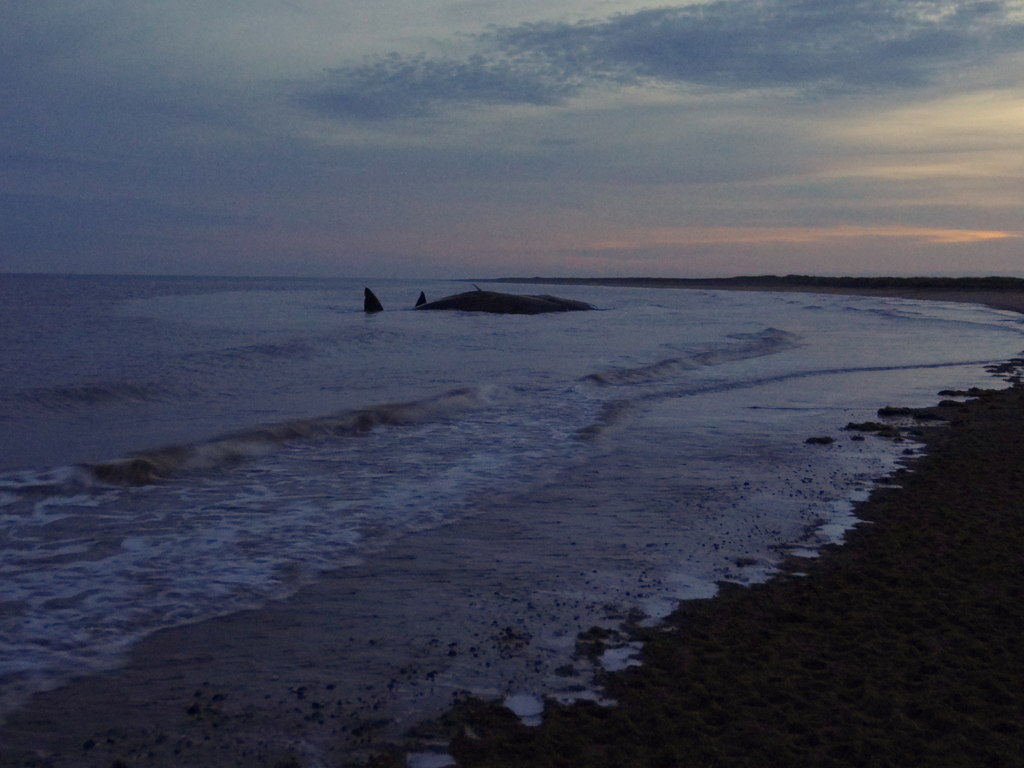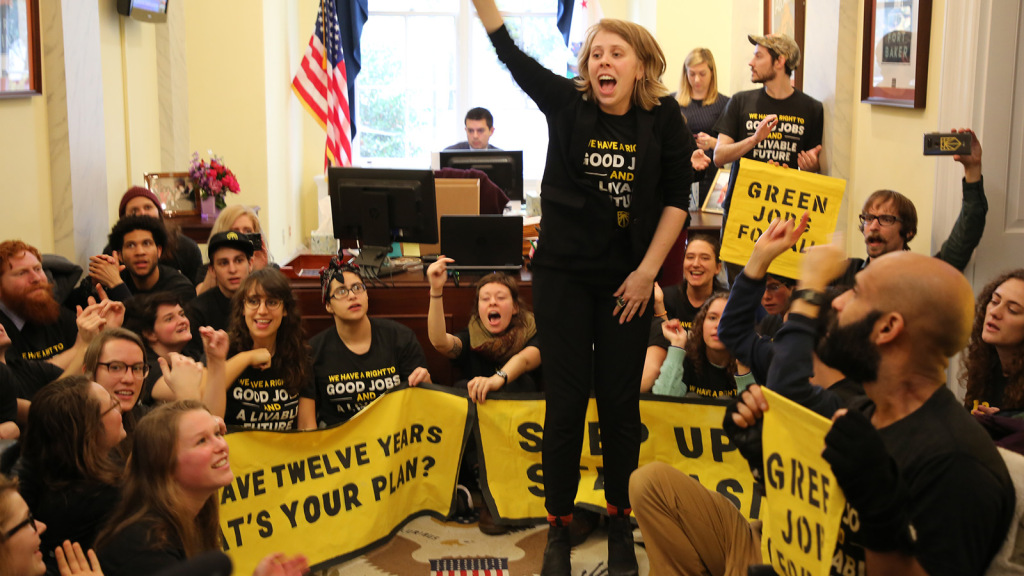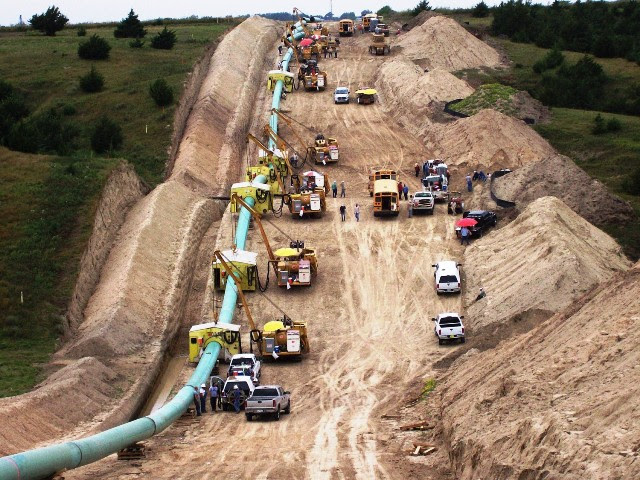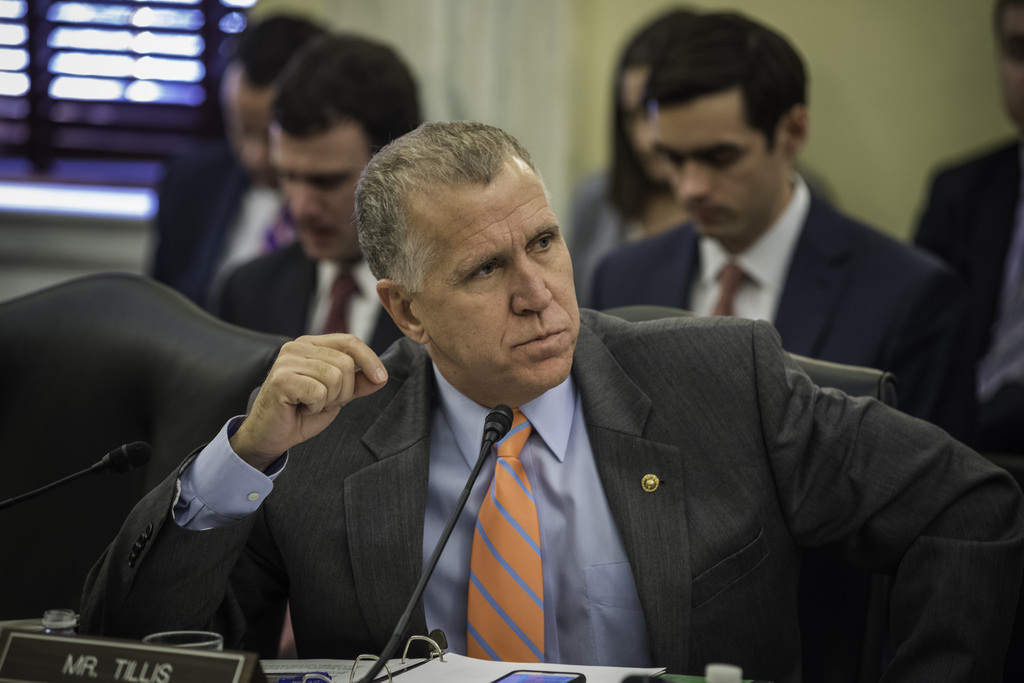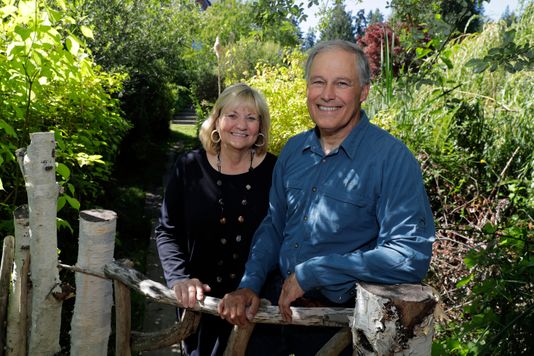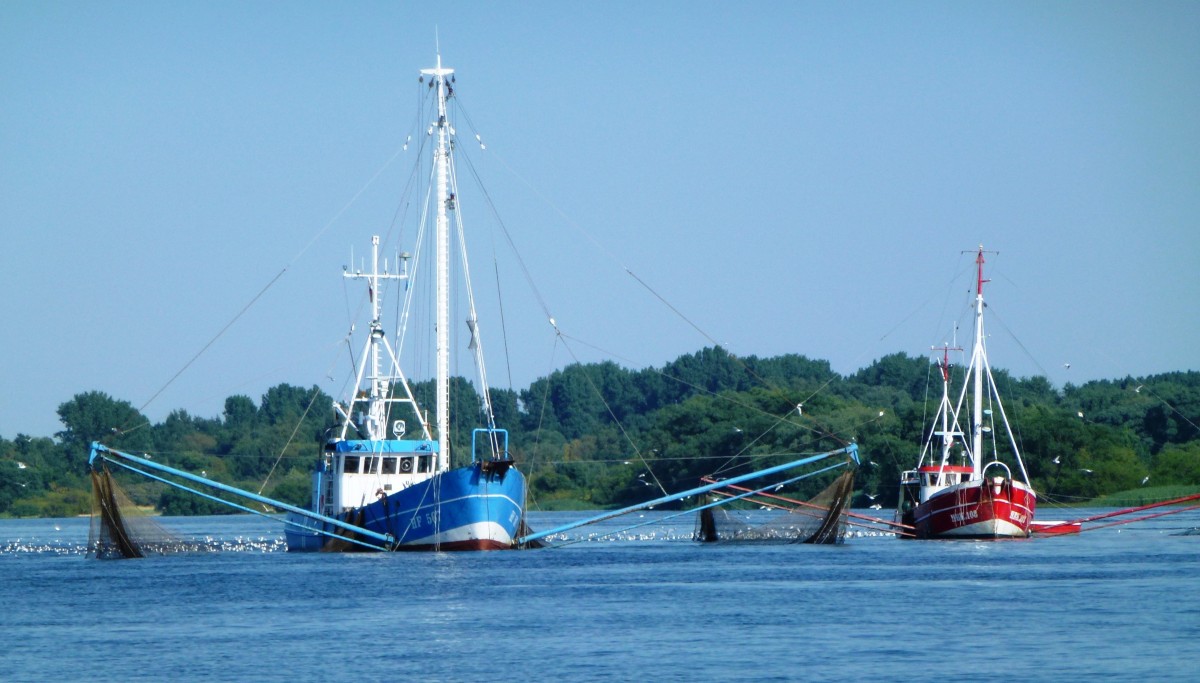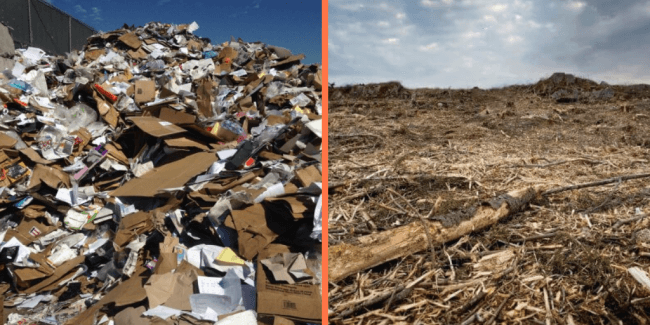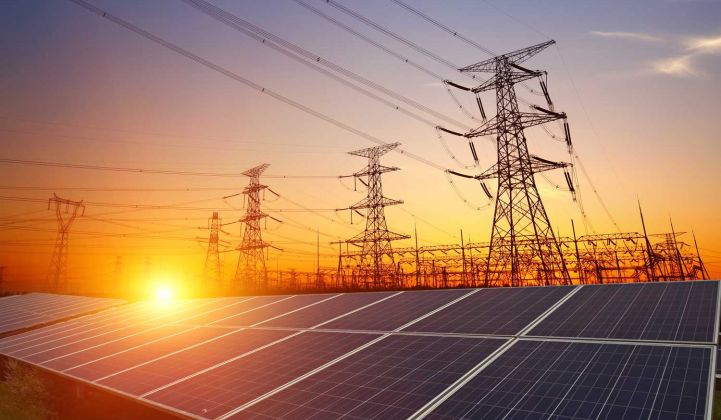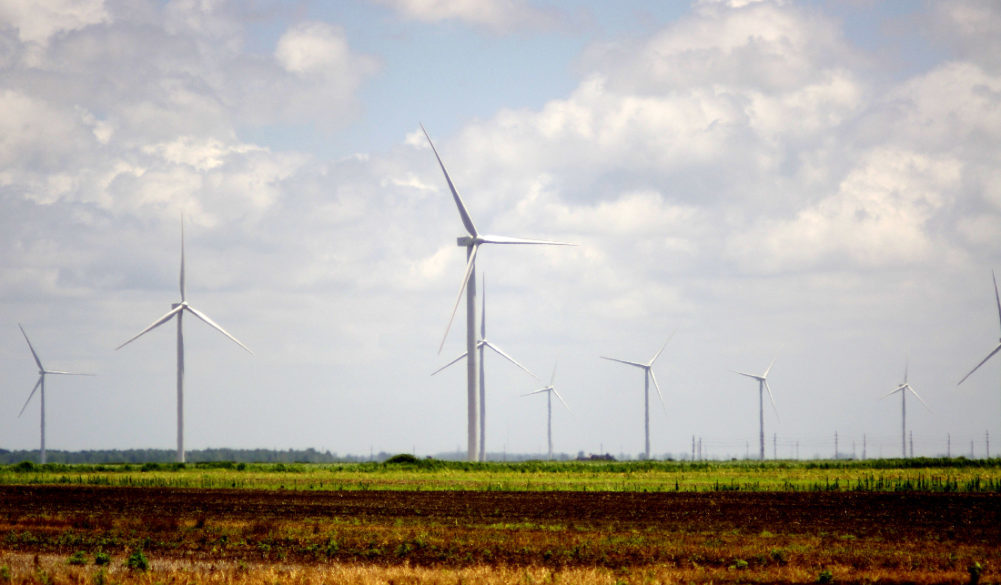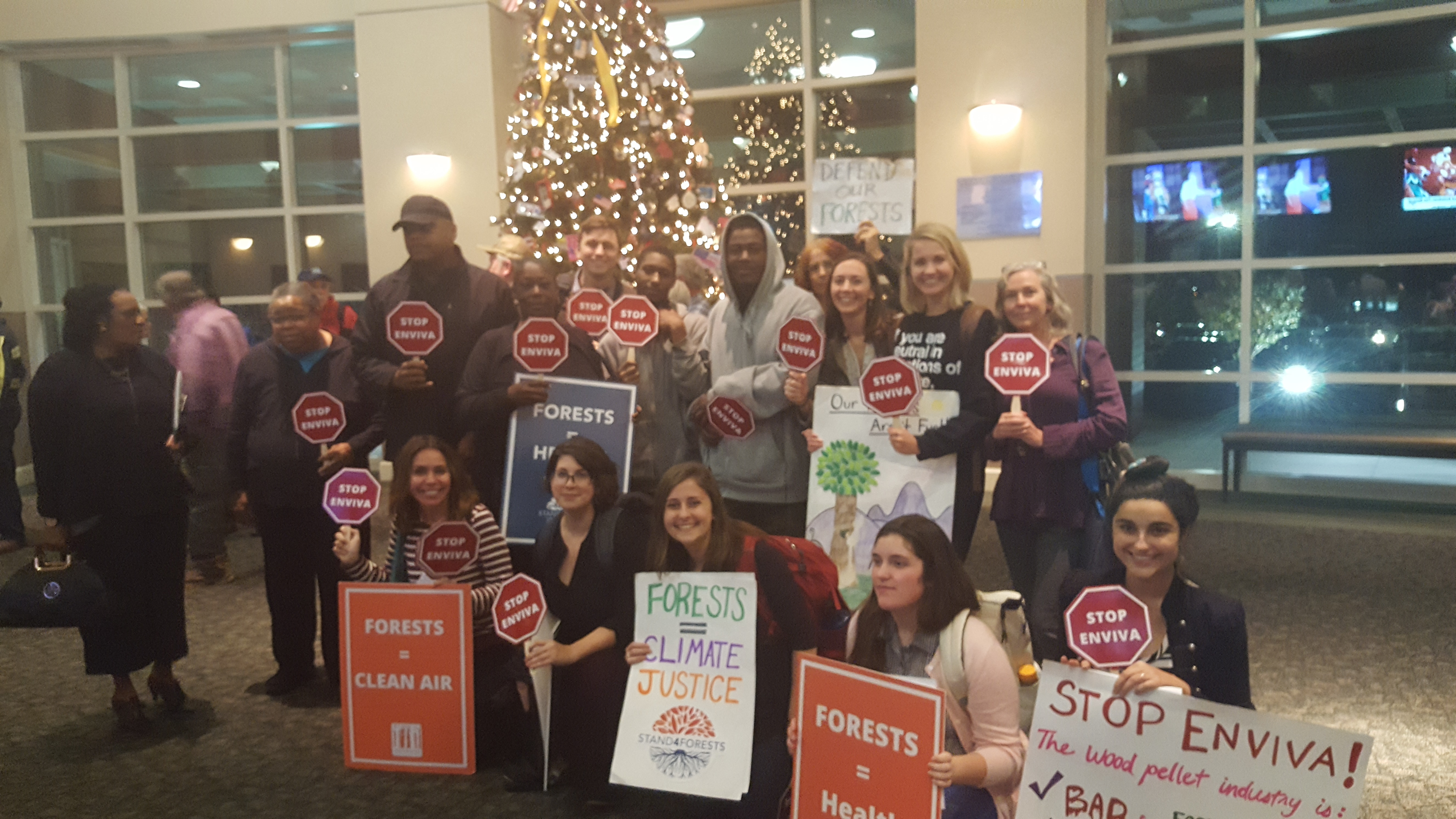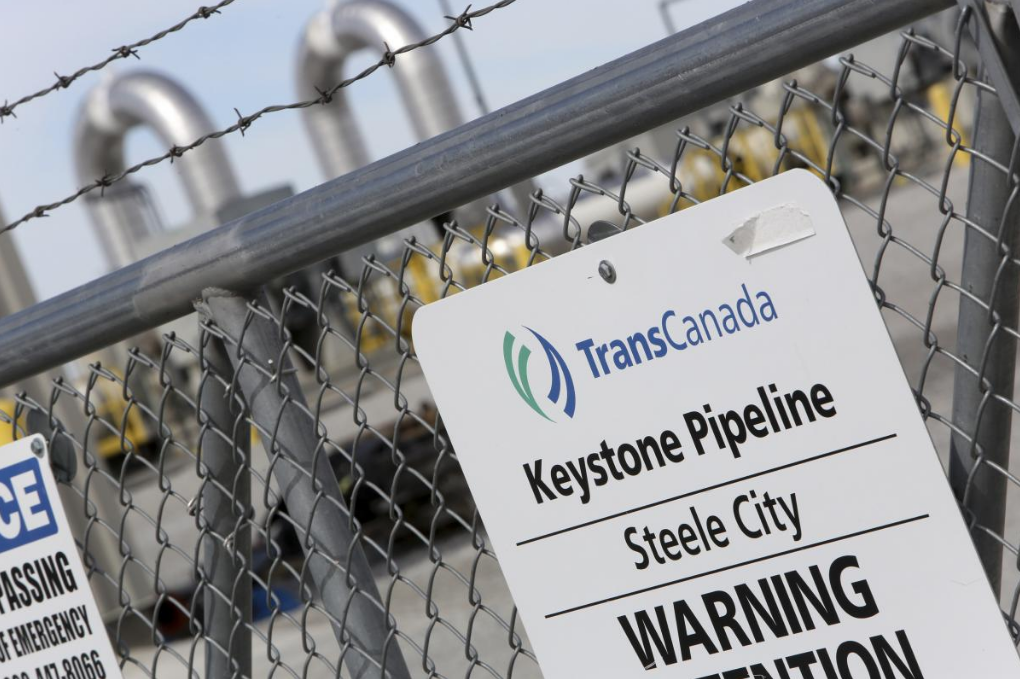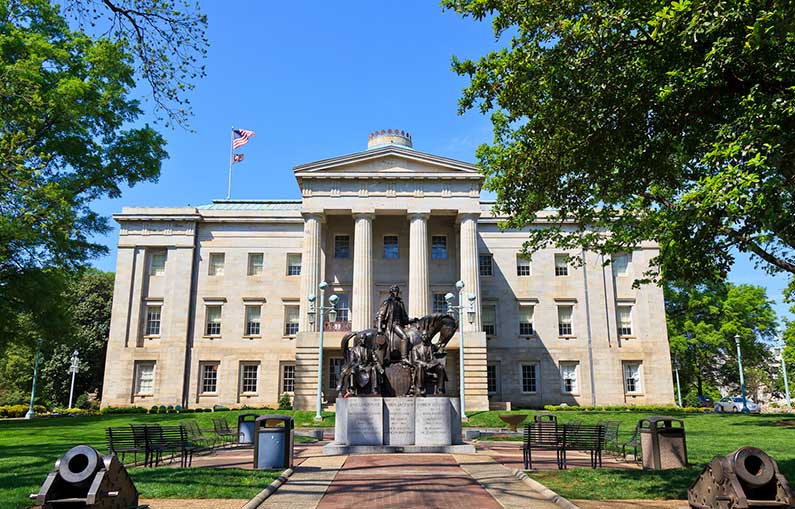The growing attention around recent extreme weather events is also giving rise to more Spanish-language disinformation and misinformation on climate change, researchers say.
News about extreme weather events, as well as media coverage of government policies around climate change, often serve as opportunities for social media accounts that spread false information to become more active online, Cristina López G., a senior analyst at the social media analytics firm Graphika who has long researched misinformation and disinformation in Latino communities, told NBC News.
In a report released Aug. 8, Media Matters, a left-leaning media nonprofit watchdog, pointed out the spread of Spanish-language climate change conspiracy theories on TikTok ahead of an upcoming U.N. summit in September on climate-related development goals.
Researchers reviewed the contents of about a dozen Spanish-language TikTok posts denying climate change and falsely insisting it’s a hoax. Some of the posts deny the need for action on climate change, and even include references to a nonexistent secret weather control program at HAARP, which studies parts of the atmosphere and has long been the target of conspiracy theories and even flat earth theories.
Some Spanish-language TikTok posts used news program-like clips featuring supposed experts or studies to undermine scientific facts about climate change. These also included clips sourced from Russia’s state-controlled international TV network. Despite TikTok’s policy of labeling state affiliated news sources, the videos remained unlabeled, possibly missed by monitors, according to the report.
While there’s an established network of U.S.-based English-language social media accounts specifically spreading climate denialism narratives and opposing action on climate change, “there is not an equivalent to that in Spanish,” said López G., who co-wrote a 2022 study on false online narratives in Spanish around climate change that was commissioned by the organizations Green Latinos and Friends of the Earth.
Instead, she found there was a network of Spanish-language social media accounts, mostly based in Spain and Latin America, that engage with a broader right-wing agenda and heavily relies on translated right-wing content originally generated in the U.S. in English. Among that content is climate change denialism. This was particularly true on Twitter, which was recently rebranded to “X,” where López G. identified more than 2,000 disparate Twitter accounts that reflected this pattern in her study.
“It is shared ideology and shared language that puts all these accounts in the same network, even if they are not in the same country,” López G. said.
Strong ties between Spanish-speaking immigrant communities in the U.S. and their countries of origin help explain why climate misinformation posted by social media accounts in Spain and Latin America finds its way into the feeds of Latinos in the U.S., López G. said. Sometimes U.S. Latinos get clips from their relatives via WhatsApp or other platforms.
Latinos are more likely to rely on social media to stay informed than other groups. Emmanuel Alcar, a Los Angeles-based climate activist who’s worked as a policy director for several campaigns, said he’s interacted with Spanish speakers who have been on the receiving end of this kind of online climate change misinformation.
Alcar recalled meeting a woman in his Los Angeles neighborhood who believed that human activity was not contributing to global warming after her son sent her a video from a right-wing social media account in Spanish denying climate change. “It definitely threw me off,” he said.
Another woman, Alcar said, believed that addressing climate change or transitioning to clean energy was “a way for the government to have more control over her energy system,” which the woman’s own teenage daughter told her was not the case.
Under the radar?
Spanish-language misinformation on social media often flies under the radar and goes unscrutinized by the platform’s own content moderation policies, according to three different Media Matters reports examining the phenomenon on TikTok, YouTube and Facebook.
This is “extremely concerning,” researcher Leo Fernandez, who wrote the latest Media Matters report, told NBC News. “We have seen a discrepancy between policy enforcement around English and Spanish content on other major platforms.”
The Spanish-language posts on TikTok recently pointed out by Media Matters were posted and shared despite the company’s content moderation policies and community guidelines that include removing climate change misinformation “that undermines well-established scientific consensus, such as content denying the existence of climate change or the factors that contribute to it.”
A TikTok spokesperson told NBC News the platform relies on Spanish-speaking moderators, experts and fact-checkers to help them tackle misinformation. Users can also use TikTok’s misinformation reporting tool to report false content in English and Spanish.
According to the 2022 study, the most influential accounts spreading climate change misinformation in Spanish on Twitter, Facebook, Instagram, TikTok and YouTube often use phrases such as “alarmismo climático” (climate alarmism), “manipulación climática” (climate manipulation), “fraude climático” (climate fraud), “engaño climático” (climate hoax) and #geoingeniería (#geoengineering).
To further circumvent such moderation policies, those spreading climate misinformation use a kind of “coded language” to further “amplify conspiratorial narratives about governments manipulating the weather,” the 2022 study reads.
For example, Twitter users added a period in the middle of climate-related key terms in Spanish such as changing the term “calentamiento,” which means warming, to “calenta. miento” (warming.lie), according to the study. TikTok posts spreading misinformation about the United Nations’ 2030 Agenda in Spanish were also “rife with deliberate misspellings of keywords and hashtags.”
Twitter and Meta, Facebook and Instagram’s parent company, didn’t respond to requests for comment.
Elena Hernandez, a YouTube spokesperson, told NBC News in an email that the platform’s systems don’t generally “recommend or prominently surface content that includes climate change misinformation.”
“We raise videos from authoritative Spanish-language sources in search results and recommendations, and connect viewers to additional context from third-parties like the United Nations through information panels,” Hernandez said. “We also have monetization policies prohibiting ads that contradict authoritative scientific consensus on the existence of and causes behind climate change.”
Among the hardest hit
From wildfires and increasingly stronger hurricanes to extreme heat waves and unprecedented floods, Latinos in the three states with the highest Hispanic population, California, Texas and Florida, are among the hardest hit by the effects of global warming.
Nationally, Latinos face higher temperature mortality rates compared to non-Hispanic Whites, according to the U.S. Environmental Protection Agency. Latinos are also more likely to experience the detrimental consequences of inland and coastal flooding.
Polls have consistently found most Latinos support actions to stem climate change as they continue to be disproportionately affected by its effects. The majority (75%) believe reducing the effects of climate change must be a “top priority,” according to a 2021 Pew Research Center survey.
Another 2022 poll commissioned by Climate Power, a climate-focused strategic communications group, found 81% of Spanish-speaking Latinos expect government agencies to address climate change, even in the face of disinformation.
But it’s challenging for many Latino communities, particularly those who predominantly speak Spanish, to parse through loads of information about climate change and identify false narratives, Edder Díaz-Martínez, communications manager at the environmental organization GreenLatinos, told NBC News. “There tends to be a lot of confusion and misunderstanding about the climate crisis, climate change and how that is impacting their daily lives.”
“Perhaps the strength of our community in both being aware and also doing something about climate change is threatening to folks,” Marla Bilonick, president and CEO of the National Association for Latino Community Asset Builders, told NBC News. In her organization, Bilonick leads a network of nonprofits working to leverage public and private funds toward clean energy and climate projects.
Earlier this year, GreenLatinos and Friends of the Earth issued a dozen recommendations that lawmakers can take to address the issue, including forcing social media companies to disclose their progress on removing climate disinformation in Spanish, as well as their fact-checking processes, and developing plans to educate Spanish-speakers on the dangers of disinformation.
“We need to make sure that Congress is really stepping up their efforts in protecting these vulnerable communities,” Díaz-Martínez said.
This article was originally published on NBCNews.com

